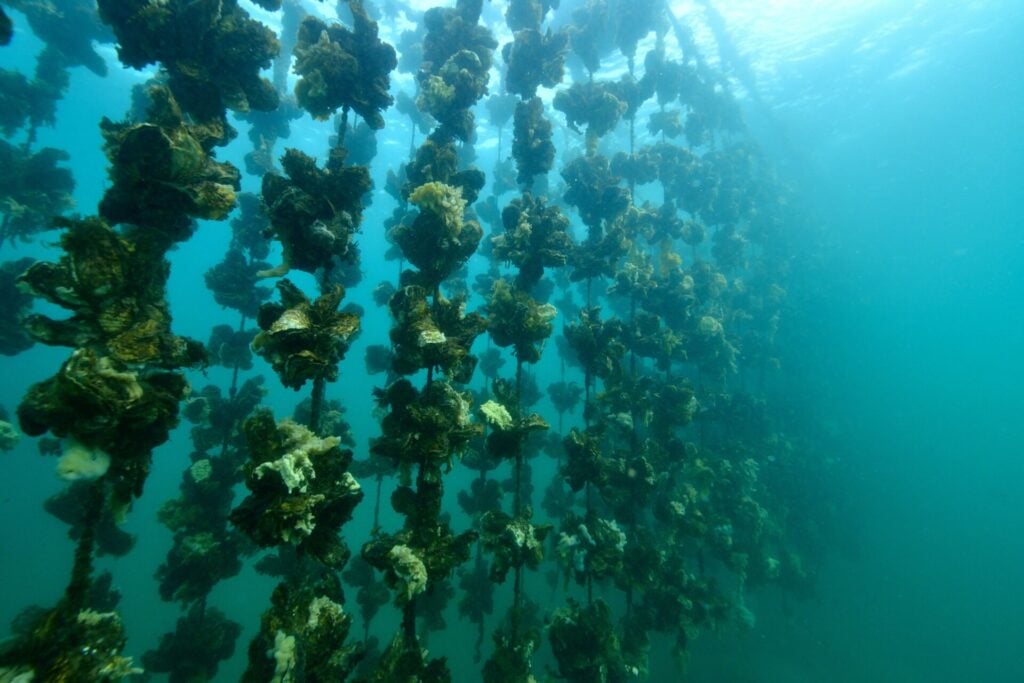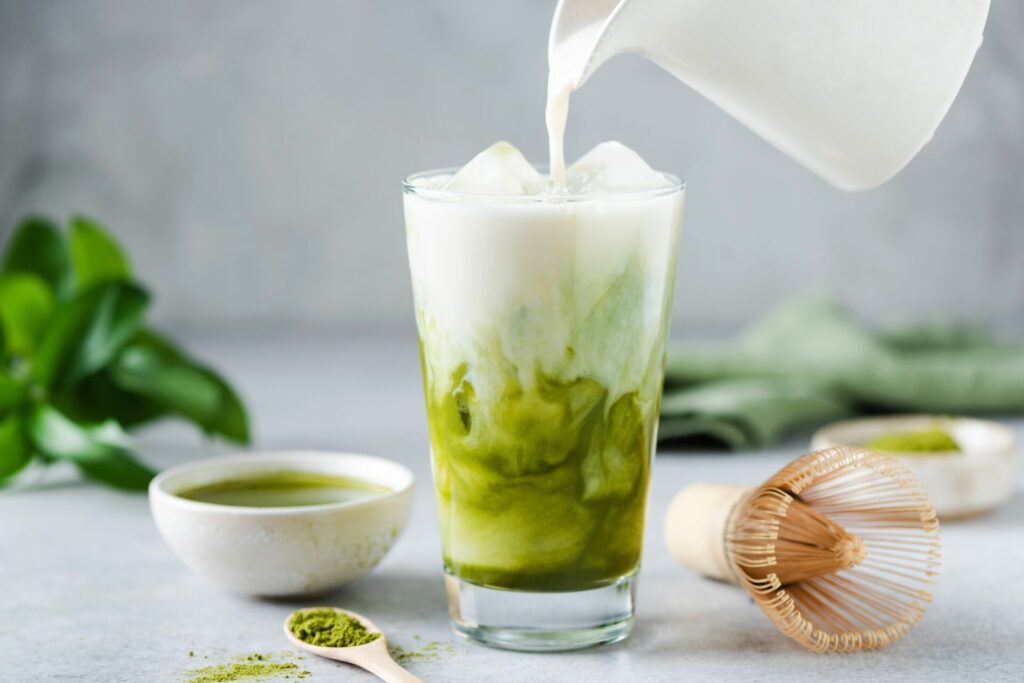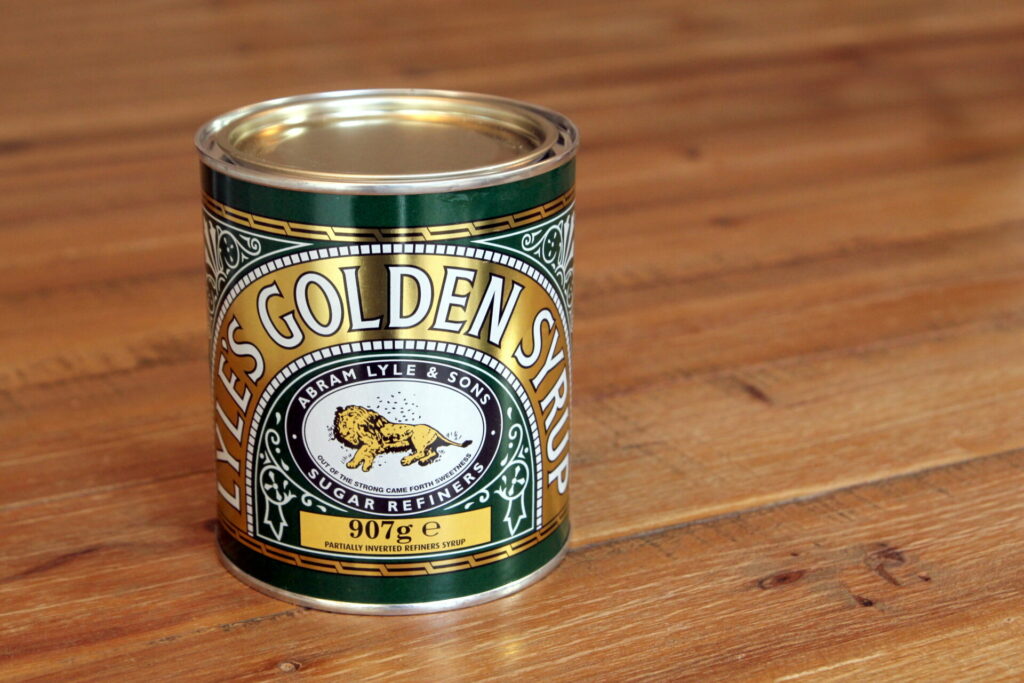A startup in the US is creating the world’s first ever cell-cultivated line of oysters alongside a plant-based option from ingredients including mushrooms and seaweed.
Pearlita Foods, who focus on cellular agriculture, are looking to address the global decline in oyster numbers by creating both cell based oysters – made from a live oyster sample – and vegan oysters.
It’s hoped both low impact methods will reduce how many sea-born moluscs are consumed by humans and reduce the burden on marine life from harvesting shellfish in the wild or in farms.
Oyster populations have plummeted due to rising sea temperatures, acidity levels and overfishing. Similar to other farmed marine species such as mussels, 85 per cent of wild oyster reefs have been lost globally in the last century.
Oysters are crucial for healthy oceans as they can support ecosystems for up to 20 years. They filter and clean surrounding water, provide habitat for the young of other species, and in some areas can serve as barriers to storms and tides, preventing erosion.
When they are farmed – 95 per cent of oysters today are raised this way – they are removed from the ocean after just one or two years.

Pearlita wants to overhaul the industry’s current unsustainable status quo. Their ambitious plan to replace oysters, and eventually other seafood, with cell-based alternatives would allow traditional oysters and marine life to remain in the oceans and contribute to healthy ecosystems.
Lab Grown
For the cell cultures co-founders Nikita Michelsen, CEO, and marine biologist Joey Peters have developed a method that extracts enough tissue from one live oyster sample to cultivate thousands of cell-based oysters.
‘Instead of harvesting and killing oysters from the sea we grow them, using cellular agriculture,’ explains Joey Peters.
‘Just as animals would, we are creating a mixture of nutrients to raise cells in a controlled environment free of disease or chemical contamination. By culturing cells, we are providing a new untapped source of seafood, which is meant to support wild populations by reducing the impact from fishing.’
But until it is able to scale up the cell-based technologies, Pearlita Foods will be debuting the vegan oyster prototype later this summer.
Made from a seaweed and mushroom base, it is believed to look and taste just like the real thing thanks to Pearlita’s unique flavouring that gives the ‘oyster’ an authentic ocean taste and texture.
‘Although this is a huge challenge, we plan to build a passionate team with the unique culturing expertise in this niche field to produce this novel, sustainable seafood. With support from investors, I have no doubt we will accomplish great things,’ said Joey Peters.













